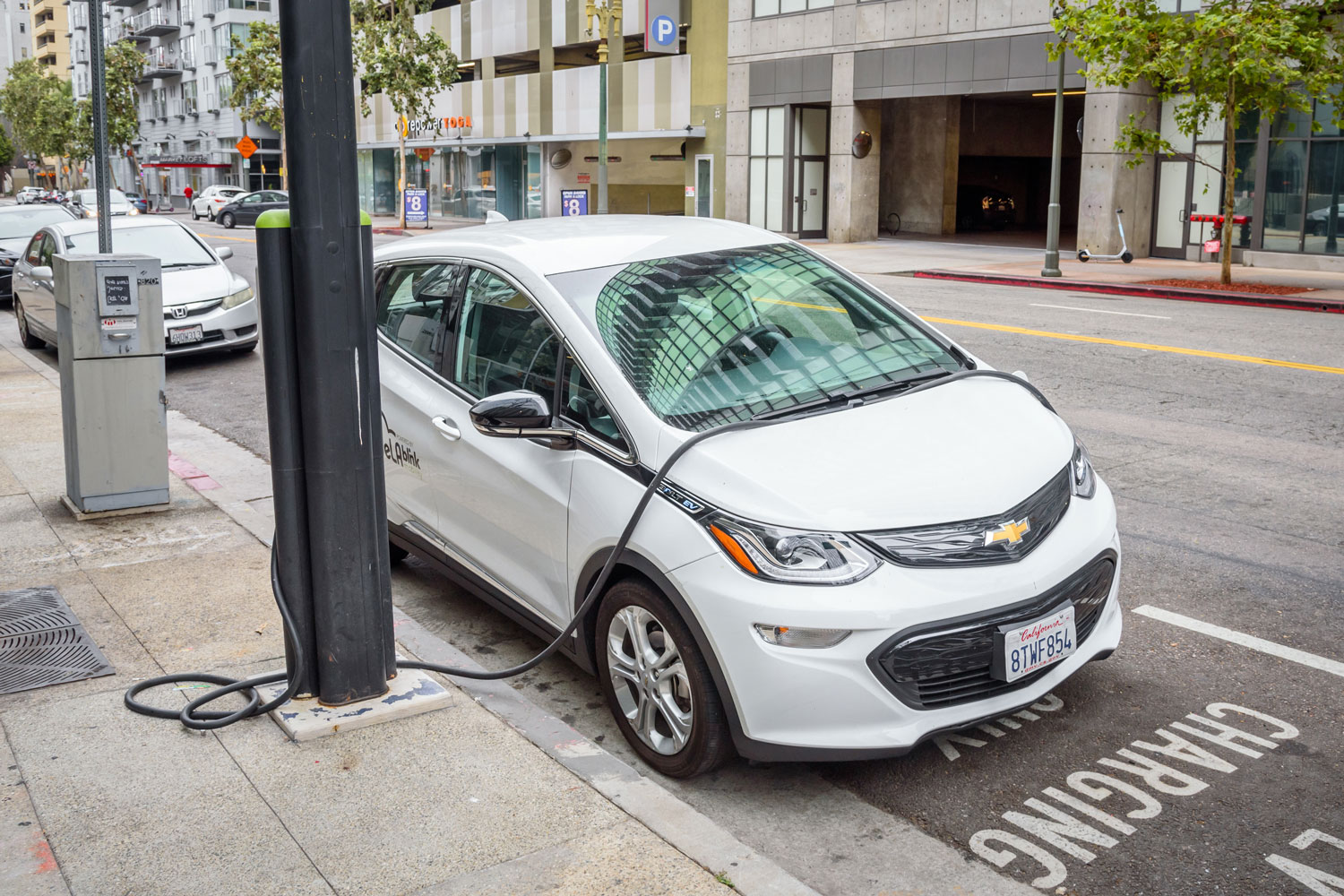Electric vehicle (EV) charging stations aren’t just key to reducing emissions; they’re also proving to be a boon for local businesses. A recent study conducted by MIT researchers reveals that these stations can significantly enhance the economic landscape for nearby establishments.
In California, the introduction of a new charging station led to an uptick in annual spending at adjacent businesses by approximately $1,500 in 2019 and around $400 between January 2021 and June 2023. This trend translates into substantial annual financial benefits, especially for businesses in underprivileged areas.
Yunhan Zheng MCP ’21, SM ’21, PhD ’24, the lead author and a postdoctoral researcher at the Singapore-MIT Alliance for Research and Technology (SMART), emphasizes that “these increases are a significant portion of the operational costs involved in installing an EV charger.” He hopes this research will inform sustainable business models for both charger providers and site hosts.
The study, published today in Nature Communications, includes contributions from noted MIT experts: David Keith, senior lecturer at MIT Sloan School of Management, Jinhua Zhao, professor of cities and transportation, and alumni Shenhao Wang MCP ’17, SM ’17, PhD ’20 and Mi Diao MCP ’06, PhD ’10.
The Economic Impact of EV Charging Stations
The expansion of electric vehicle charging infrastructure is critical for fostering a cleaner transportation future. To support this initiative, the U.S. Infrastructure Investment and Jobs Act allocated $7.5 billion for the development of a nationwide public EV charging network. However, private investment remains essential for widespread charging station availability.
While the U.S. is making substantial investments in EV infrastructure, Zheng points out that many charging station providers are struggling to achieve profitability. This gap presents challenges that need addressing. Previous studies claiming economic benefits from EV charging stations relied heavily on surveys or small data sets, prompting Zheng’s team to create a more comprehensive analysis.
The research team analyzed over 4,000 EV charging stations in California alongside data from 140,000 businesses. They utilized anonymized credit and debit card transactions to assess shifts in consumer spending, focusing on the period from 2019 to June 2023 while omitting 2020 to mitigate pandemic effects.
Boosting Local Economies
The findings indicate that the installation of a charging station increases nearby business spending by an average of 1.4 percent in 2019 and 0.8 percent from January 2021 to June 2023. While these percentages may appear modest, they contribute to substantial cumulative spending increases—nearly $23,000 in 2019 and around $3,400 annually in the later timeframe.
Interestingly, the decline in spending growth may stem from an oversaturation of EV chargers, along with a broader spending reduction post-COVID-19. However, even with this decline, the average economic boost provided by a charging station approximates 11.2 percent of the typical installation costs.
The benefits are most pronounced for businesses located about a football field’s length from charging stations, with especially significant effects noted in disadvantaged and low-income neighborhoods, as outlined by California’s Justice40 Initiative. “The positive impacts of EV charging stations extend to all communities, not just affluent areas,” Wang states. “This highlights the need for policymakers to prioritize installation in marginalized neighborhoods, fostering both environmental and economic growth.”
Zheng also believes these insights can guide charging station developers looking to maximize profit. “A joint business approach, similar to gas stations with convenience stores, could benefit EV chargers,” he suggests. By diversifying revenue sources, such projects could better capitalize on the positive economic impacts of charger installation.
Further, Zheng proposes exploring innovative funding models where multiple businesses collaborate on infrastructure costs, thus enabling them all to reap the rewards of increased local spending.
While the potential for wider application of these results is promising, Zheng advises that more research is needed to validate these findings in other contexts. He encourages additional studies on the economic ramifications of charging stations across varied locations beyond California.
A New Era for Transportation Infrastructure
As researchers like Zhao point out, “This study opens the door for understanding the economic effects of evolving infrastructure like EV charging stations.” It underscores the importance of this emerging development in shaping local economies, paving the way for future research in this growing sector.
This research was partially supported by the Singapore-MIT Alliance for Research and Technology (SMART) and the Singapore National Research Foundation. Diao received funding from the Natural Science Foundation of Shanghai and the Fundamental Research Funds for the Central Universities of China.
Photo credit & article inspired by: Massachusetts Institute of Technology



